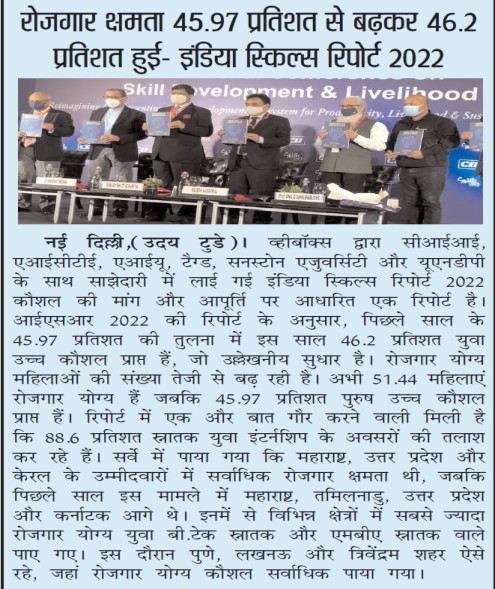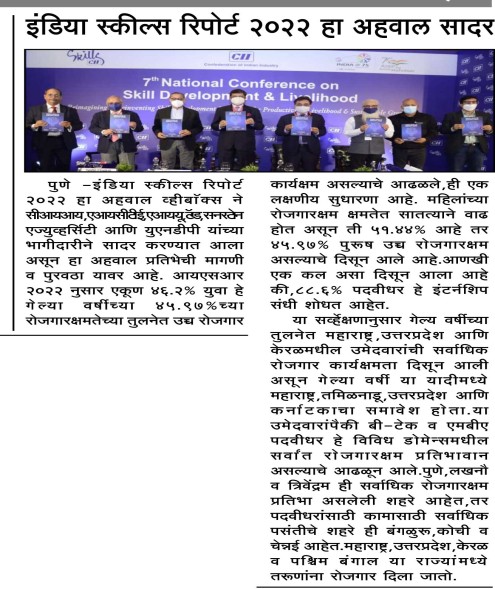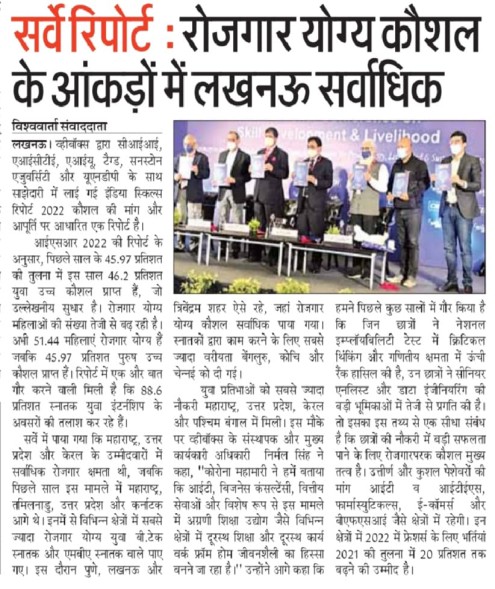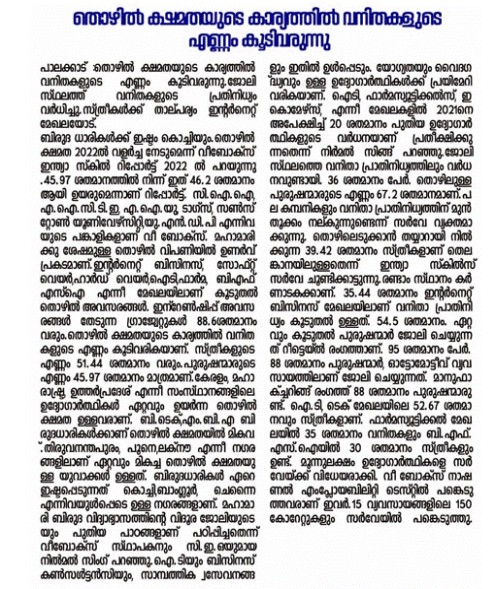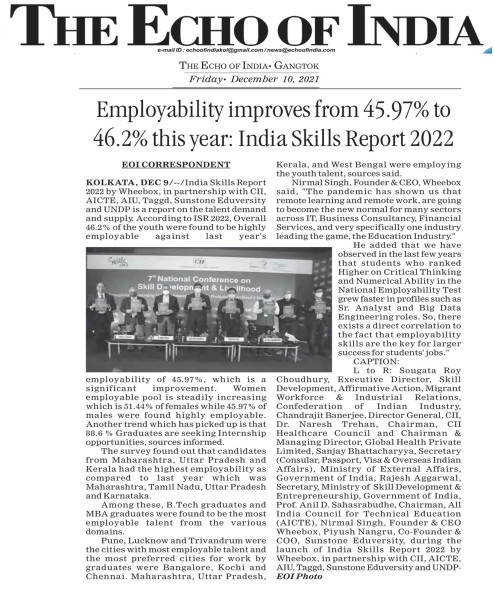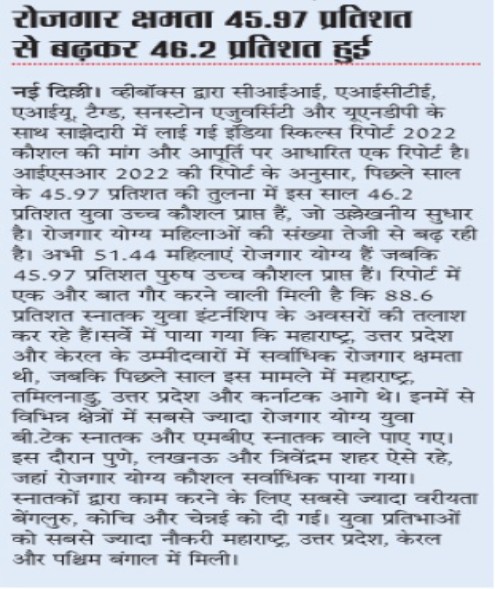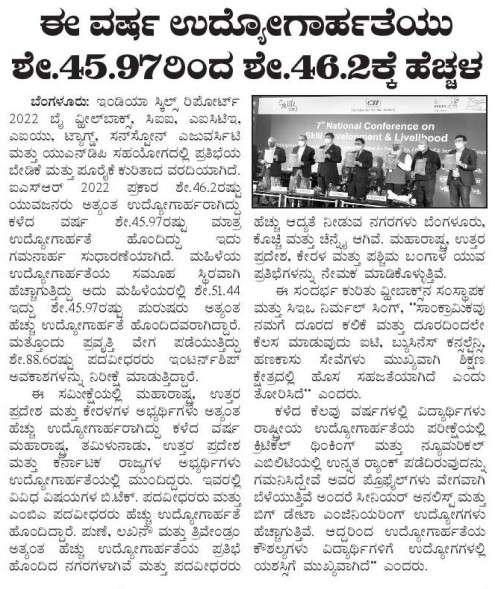Guarding Exam Authenticity: Safeguarding Test Integrity in the Era of Chat GPT
In today's digital age, technology has transformed the education landscape, bringing numerous advancements that enhance the learning process. However, alongside these advancements, concerns about exam integrity and academic dishonesty have also emerged. With the rise of sophisticated language models like Chat GPT, it becomes imperative to address the challenge of maintaining exam authenticity. This blog explores the importance of safeguarding test integrity and provides strategies to counter the potential risks posed by AI-powered language models.
The Era of Chat GPT: A New Challenge
Chat GPT, powered by OpenAI's cutting-edge language processing algorithms, has demonstrated remarkable capabilities in generating human-like responses. It can understand and respond to complex queries, mimicking natural conversation patterns. While this breakthrough has opened up exciting possibilities in various domains, it also presents new challenges in the field of education.
Maintaining Exam Authenticity
Reinforcing Secure Testing Environments: To safeguard exam authenticity, it is crucial to ensure a secure testing environment. The Locked browser (SEB) or Safe Exam Browser-based proctored online examination ensures that the exam is conducted in a secure and confidential manner, while also maintaining the integrity of the exam.
Leveraging Advanced Proctoring Solutions: Innovative proctoring technologies have emerged to combat exam fraud. Online & Remote Proctoring is an effective, simple and technology-based alternative to traditional on-site proctoring where the integrity of the test is preserved with the assistance of AI-enabled monitoring tools that ensure a high level of safety & holistic experience for both educators and students using:
- Voice/Audio Recognition: To pick up background noise and match it with speech patterns to identify potential malpractice.
- Facial Recognition: To authenticate both that the student signed up for a given online examination is the one taking it.
- Object Detection: To identify object on screen apart from registered face viz. Mobile Phone, Books, Unnecessary gadgets to avoid using malpractice during the exam.
- Eye Movement Detection: A regular pattern of even the most subtle motions of the eyes may suggest wrongdoing. As such this technology is vital to our AI system's accuracy.
As more exams are proctored with AI and machine learning, the systems are becoming smarter. AI systems will continue to learn and become wise enough over time to make judgements on the seriousness of their own findings.
Developing Contextual Questions: Designing exam questions that require critical thinking, problem-solving, and application of knowledge can reduce the effectiveness of AI language models in providing accurate responses. By focusing on higher-order thinking skills, exams become more resistant to automated cheating.
Randomizing Question Order and Answer Choices: Randomizing the order of questions and answer choices within an exam minimizes the effectiveness of pre-programmed responses. This strategy makes it difficult for AI models to provide accurate answers without genuine comprehension of the content.
Conclusion:
As technology continues to advance, guarding exam authenticity becomes an ever-evolving challenge. In the era of AI-powered language models like Chat GPT, it is crucial to implement strategies to safeguard test integrity. By reinforcing secure testing environments, leveraging advanced proctoring solutions, designing contextual questions, randomizing content, and promoting ethical behavior, educators can ensure that exams remain a fair and accurate assessment of students' knowledge and skills. Additionally, it is essential to strike a balance by exploring the potential benefits of AI models in education while being mindful of the ethical implications. With the right approach, we can embrace technology while upholding the core values of education.









